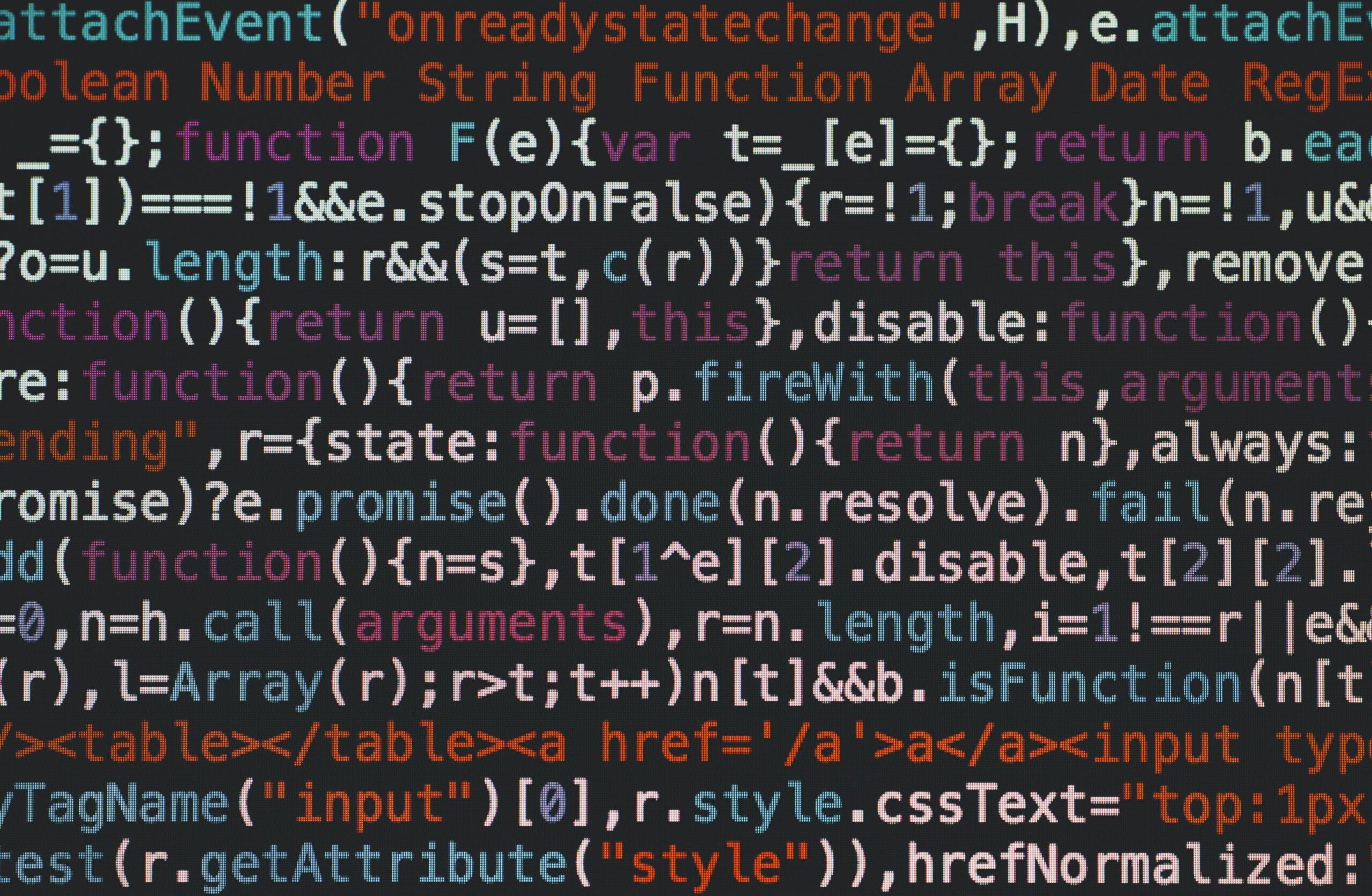Federated Learning for Collaborative Insights: Revolutionizing Data Privacy and AI Collaboration
September 18, 2025 | by qqvmedia.com


Understanding Federated Learning
Federated learning represents a paradigm shift in the field of machine learning, where the training of models occurs across decentralized devices rather than relying on a centralized location for data storage. This innovative approach allows for the development of machine learning models while preserving the locality of data, thus addressing significant concerns regarding data privacy and security. In traditional machine learning frameworks, all the data from various sources is collected and moved to a central server, which poses risks in terms of both privacy and data breaches. In contrast, federated learning decentralizes this process, keeping data localized on participant devices.
The decentralized nature of federated learning is one of its most compelling features. Each participant node, whether it’s a mobile device, IoT gadget, or other edge device, contributes to the model’s learning process without ever sharing its raw data. Instead, these devices independently compute updates to the model based on their local datasets. These updates are then sent back to a central server, where they are aggregated to improve the overall model without any sensitive data leaving the device. This method not only protects individual privacy but also enhances security since the risk of central data pools is mitigated.
The benefits of federated learning extend beyond enhanced data privacy. By processing data locally, federated learning reduces latency, enabling quicker model updates and responses. Additionally, it increases accessibility across various applications, particularly beneficial in industries that handle sensitive data such as healthcare and finance. Understanding the key components of federated learning systems is essential, which include participant nodes, aggregation methods that combine model updates, and strategies for distributing model updates back to initiators. This novel approach is truly revolutionizing how organizations can utilize data collaboratively while upholding stringent privacy standards.
Applications of Federated Learning in Various Industries
Federated learning has emerged as a transformative approach across various industries, enabling organizations to harness the power of collaborative insights while ensuring data privacy. In the healthcare sector, federated learning facilitates the training of machine learning models on decentralized patient data. For instance, hospitals can collaborate to improve diagnostic accuracy without compromising sensitive medical records. A notable case study involves multiple institutions working together to enhance the identification of rare diseases. By sharing insights generated through federated learning, these entities achieved improved patient outcomes and accelerated research into new treatment modalities.
In the finance sector, the capabilities of federated learning are equally promising. Financial institutions can leverage this technology to detect fraudulent activities more effectively while safeguarding customer information. A prime example can be seen in the collaborative efforts among banks to identify patterns indicative of fraud in transactions without needing to expose individual customer data. This application not only enhances security but also ensures compliance with increasingly stringent data protection regulations.
The telecommunications industry has also recognized the potential of federated learning for optimizing network performance and predictive maintenance. Mobile service providers can collaborate on user data analytics to enhance service delivery without actually transferring sensitive user information from one company to another. One particular use case involves shared information on network anomalies, which helps operators to identify areas needing improvement swiftly. By employing federated learning techniques, firms can also better predict system failures, resulting in higher customer satisfaction through improved service reliability.
Overall, the implementation of federated learning across these diverse sectors showcases its versatility and effectiveness in handling real-world challenges. By fostering collaboration while upholding data privacy, federated learning is set to play a critical role in the advancement of industries that rely heavily on data-driven insights.
Challenges and Solutions in Implementing Federated Learning
Federated learning represents a transformative approach to distributed machine learning that prioritizes data privacy. However, its implementation is not without challenges. One prominent issue is data heterogeneity, where the data distribution across different participating devices can vary significantly. For instance, each device might collect and store different types of data, which can lead to inconsistent model training outcomes. To address this, specialized algorithms such as federated averaging or adaptive learning techniques can be employed to ensure that the model effectively learns from diverse data types while maintaining accuracy.
Another significant challenge is communication efficiency. In federated learning systems, communication costs can be substantial, as participating devices must frequently exchange model updates with a central server. To mitigate this issue, innovative strategies such as compression algorithms or sparsification techniques can be utilized. These methods reduce the amount of data transmitted by sending only essential updates, thus minimizing bandwidth usage and improving the overall speed of communication between devices and the server.
Participant coordination also presents a notable obstacle in the deployment of federated learning systems. The decentralized nature of federated learning requires considerable organization among participants to ensure they contribute effectively and align with the learning objectives. Solutions such as client selection policies or participation scheduling can be implemented to enhance coordination amongst participants. These strategies prioritize devices based on their data quality and resource availability, leading to improved engagement and better training outcomes.
In conclusion, while the challenges associated with implementing federated learning systems are considerable, systematic solutions exist. By utilizing advanced algorithms, optimizing communication strategies, and enhancing participant coordination, organizations can effectively harness the power of federated learning. This will allow them to glean valuable insights while upholding the critical standards of data privacy and security inherent in this innovative approach to artificial intelligence collaboration.
The Future of Federated Learning and Collaborative Insights
As the digital landscape evolves, federated learning stands poised to significantly influence the realm of artificial intelligence (AI) and data collaboration. Future trends indicate a robust growth of federated learning, particularly in sectors that prioritize data privacy, such as healthcare, finance, and telecommunications. Emerging technologies like 5G and Internet of Things (IoT) devices will further augment the potential of federated learning by enabling vast networks of data sources to collaborate while preserving privacy. This collaborative model fosters a more decentralized approach to data analysis, allowing organizations to derive insights without sharing sensitive information directly.
Ongoing research is critical in enhancing the capabilities of federated learning algorithms. Advances in secure multi-party computation, homomorphic encryption, and differential privacy will contribute to the robustness of federated systems. These technological improvements can empower institutions to build more feature-rich AI applications while safeguarding user data. Additionally, the refinement of federated learning frameworks will likely lead to the emergence of tools that facilitate easier integration and deployment of collaborative models across various industries. This evolution holds the promise of democratizing access to powerful AI capabilities while ensuring data security.
Furthermore, regulatory frameworks will play an essential role in shaping the ethical application of federated learning. As regulatory bodies worldwide grapple with privacy concerns and data protection laws, establishing guidelines for federated learning practices can help mitigate risks and foster trust among users. Collaboration among businesses, policymakers, and researchers will be necessary to create standards that balance technological advancement with the fundamental rights of individuals.
The increasing demand for privacy-preserving technologies suggests that federated learning will adapt to meet these challenges, offering innovative solutions that accommodate the needs of diverse stakeholders. Cross-industry partnerships leveraging federated learning have the potential to drive sustainable growth while ensuring data integrity, ultimately transforming the way organizations harness collaborative insights.
RELATED POSTS
View all


